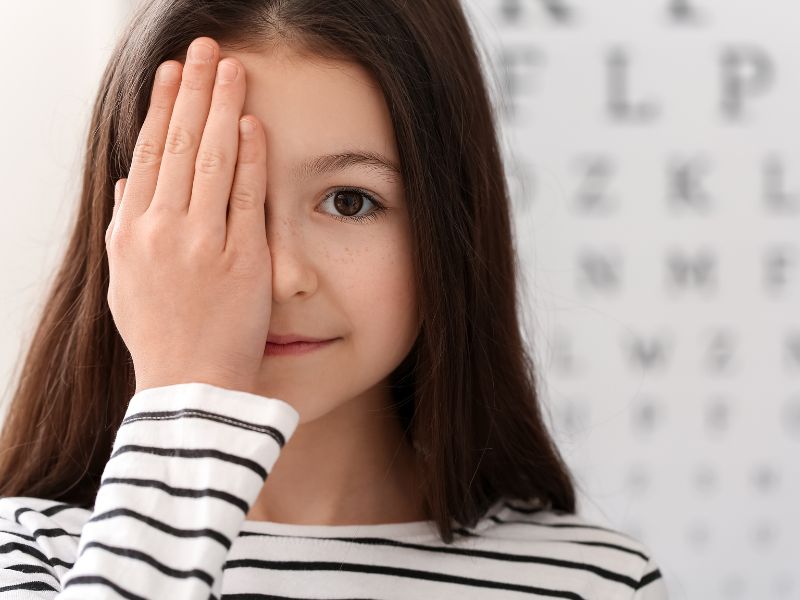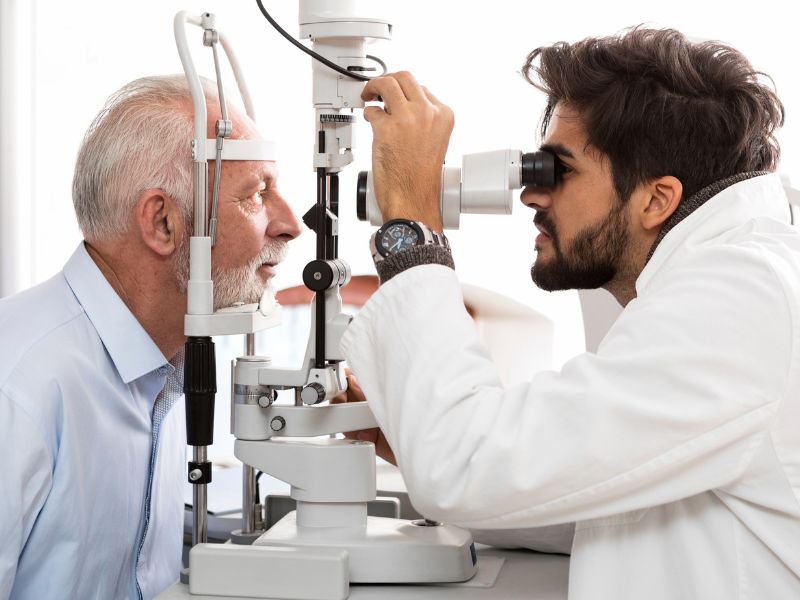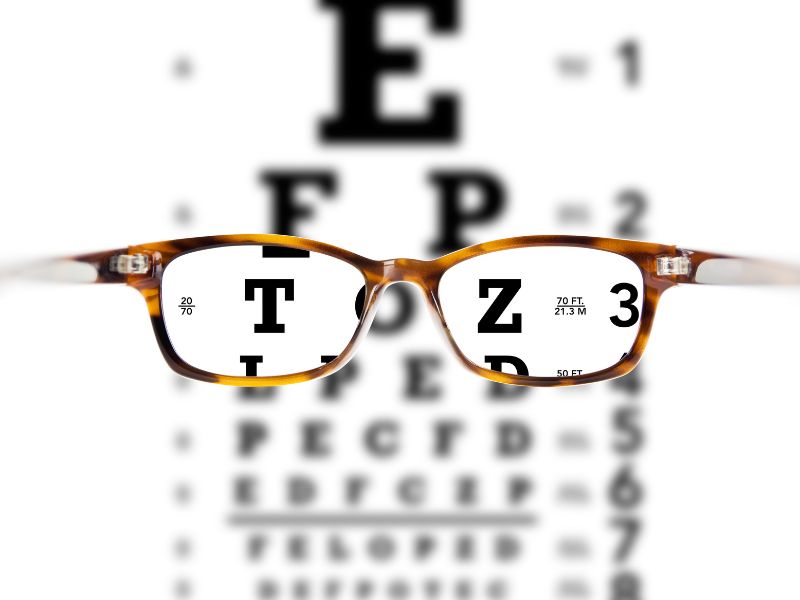Our eyes are invaluable assets, providing us with the gift of sight. However, many of us unknowingly engage in habits that can detrimentally affect our eye health. According to leading ophthalmologists, one practice stands out as the #1 worst for eye health: neglecting regular breaks from screens.
The Screen-Time Epidemic
In the digital age, screens have become integral to our daily lives. From smartphones to computers and even televisions, we spend hours each day glued to these devices. The blue light emitted by screens, coupled with the constant focus required, places immense strain on our eyes.

Canva. com
Prolonged Screen Exposure
Prolonged screen exposure leads to a condition known as Computer Vision Syndrome (CVS). Symptoms include eyestrain, headaches, blurred vision, and dry eyes. Ophthalmologists warn that untreated CVS can escalate into more severe conditions, such as myopia or astigmatism.
The 20-20-20 Rule
To mitigate the harmful effects of screen time, ophthalmologists recommend following the 20-20-20 rule. Every 20 minutes, take a 20-second break and focus on something at least 20 feet away. This simple practice helps reduce eye strain and allows your eyes to rest and refocus.
Inadequate Blinking
Staring at screens often leads to decreased blinking rates, causing eyes to dry out and become irritated. It can lead to discomfort and exacerbate existing eye conditions. To counter this, consciously blink more frequently while using screens and consider using lubricating eye drops if needed.

Canva. com
Ignoring Environmental Factors
Neglecting environmental factors also plays a significant role in eye health. Insufficient lighting, improper screen positioning, and glare all contribute to eye strain. Ensuring adequate lighting and positioning screens at eye level can significantly alleviate stress on your eyes.
Regular Eye Check-Ups
Lastly, failing to schedule regular eye check-ups is a detrimental habit many overlook. Routine eye exams can detect early signs of eye conditions, allowing for timely intervention and treatment.
